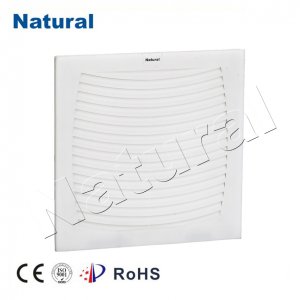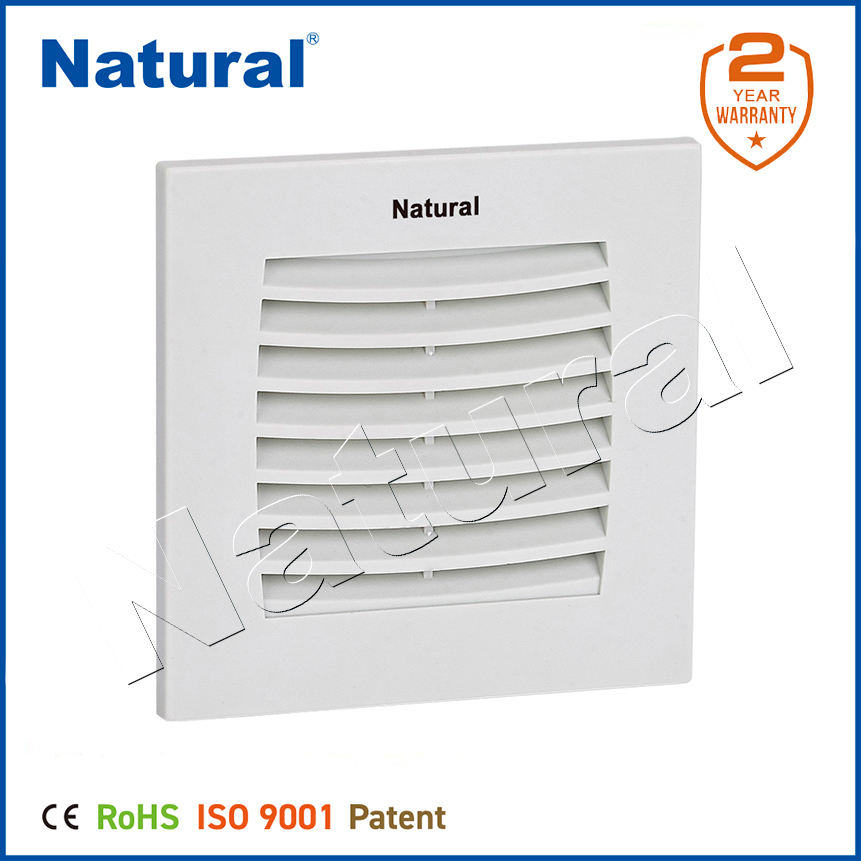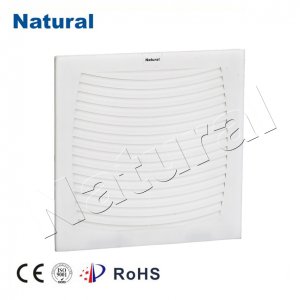Enclosure fan filters are essential components in various industrial and commercial applications, designed to maintain optimal airflow while protecting sensitive equipment from dust, debris, and other contaminants. These filters are particularly important in environments where electronic components operate, as they help to ensure longevity and reliability.

The primary function of an enclosure fan filter is to purify the air entering an enclosure. By trapping particles such as dust, dirt, and moisture, these filters prevent buildup inside electronic cabinets and enclosures, which can lead to overheating, corrosion, and ultimately, equipment failure. With the increasing reliance on technology in various sectors, the role of fan filters in protecting investments has never been more critical.

One of the key benefits of using enclosure fan filters is their ability to improve airflow efficiency. A clean filter allows for unobstructed airflow, which is crucial for maintaining optimal operating temperatures in electronic equipment. Over time, however, filters can become clogged, reducing airflow and forcing fans to work harder. This not only increases energy consumption but can also lead to overheating and premature wear on the fan motors. Regular maintenance and timely replacement of filters are essential to sustain performance levels. When choosing an enclosure fan filter, several factors must be considered. First, the filter material plays a significant role in determining its efficiency and lifespan. Common materials include foam, polyester, and HEPA (High-Efficiency Particulate Air) filters, each offering different levels of filtration and airflow characteristics. The choice of material should be aligned with the specific requirements of the environment, including the size of particles to be filtered and the desired airflow rate.

Leave a Reply